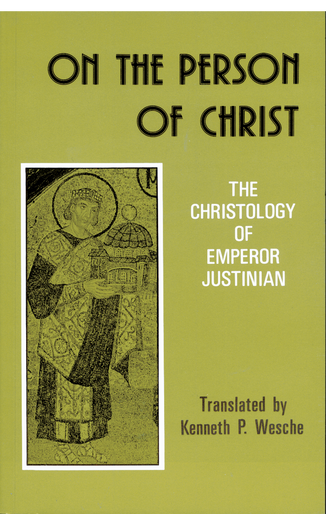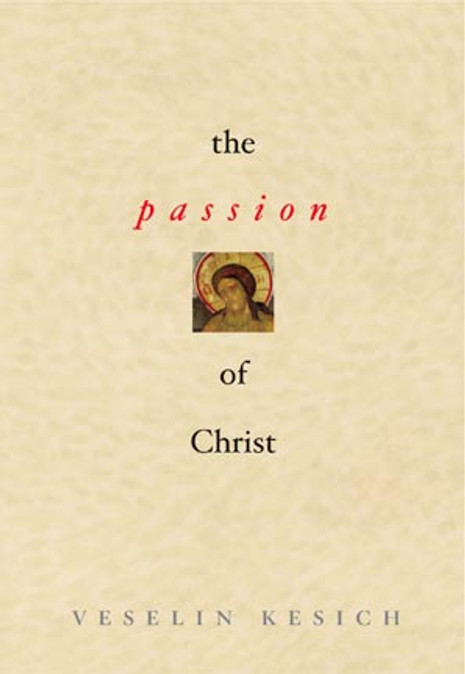Includes index.
At the opening of the sixth century, large segments of the Roman Empire had fallen to barbarian warlords. The Churches of Rome and Constantinople were locked in a schism rooted in different attitudes towards the decrees and definition of the Fourth Ecumenical Council held at Chalcedon in 451. The emperor Justinian (527-565) dreamed of reunifying and restoring the Empire, but to accomplish this he needed a unified Church. Before Justinian ascended the throne the schism between Rome and Constantinople had been healed, largely due to Justinian's influence, but a significant segment of the Eastern population (called "monophysites") would not accept the union and the imperial Church remained divided.
Hoping to facilitate his political aims for unity, Justinian vigorously pursued a policy or reconciling the monophysites to the Council of Chalcedon by sponsoring a theological program to show to show that the language of Chalcedon's definition of faith was faithful to the meaning, if not to the exact terminology of Cyril's Christological formulas. The three documents translated in this volume, "Against the Monophysites," "Concerning the Three Chapters," and On the True Faith," are significant imperial documents reflecting the conclusion reached in that theological program. Although they failed to convince the monophysites or reconcile them to the imperial Church, they articulate the interpretation of Chalcedon's Christological definition, upheld by Orthodox theologians even today, and set the stage for the Christological definitions of the Fifth Ecumenical Council. They serve as an important source for setting forth fundamental philosophical principles underlying the Orthodox doctrine concerning the Person of Jesus Christ.
The Rev. Dr Kenneth Paul Wesche is Associate Pastor of St Mary's Orthodox Cathedral in Minneapolis, Minnesota. Several of his articles have appeared in St Vladimir's Theological Quarterly.





